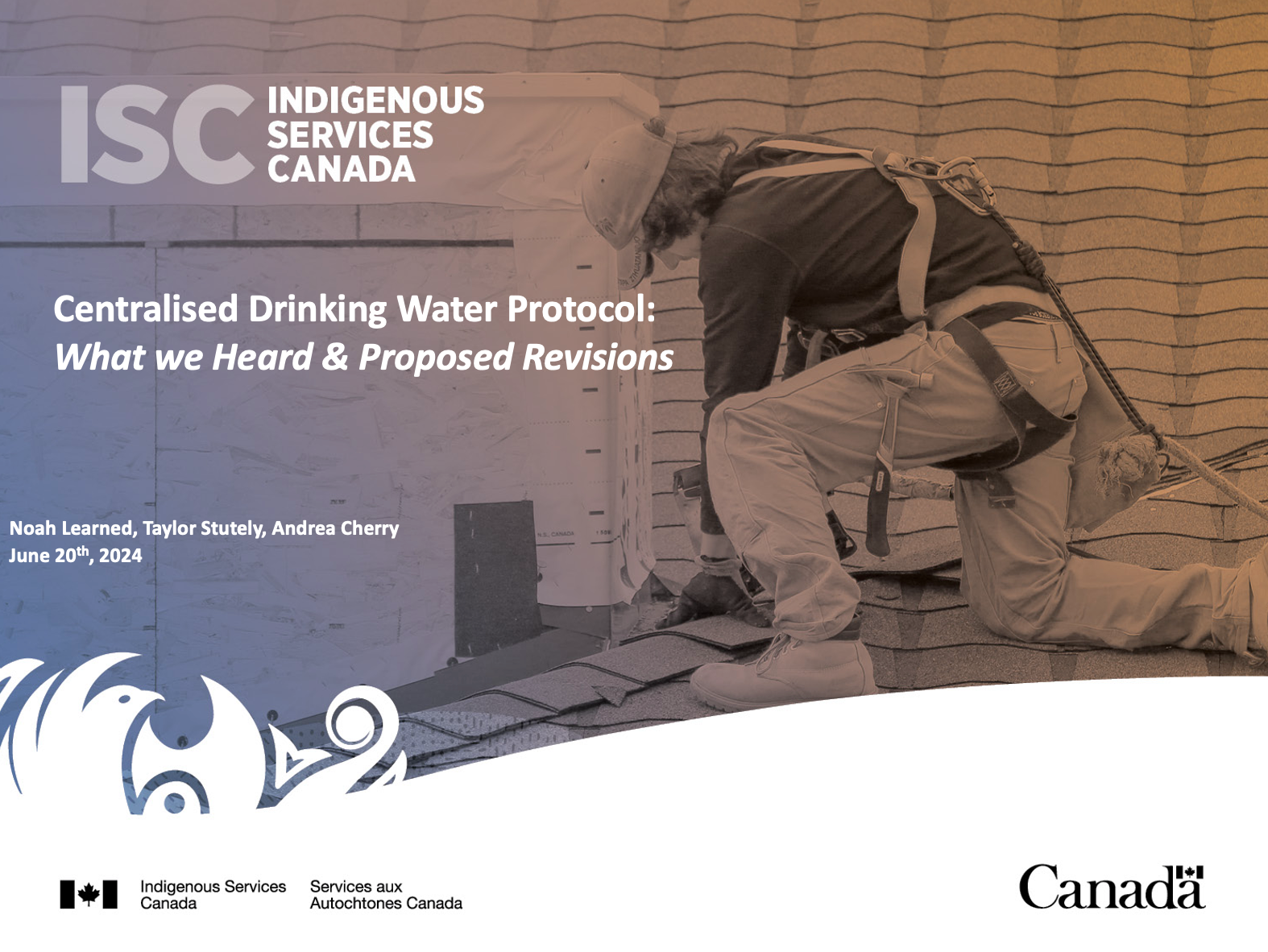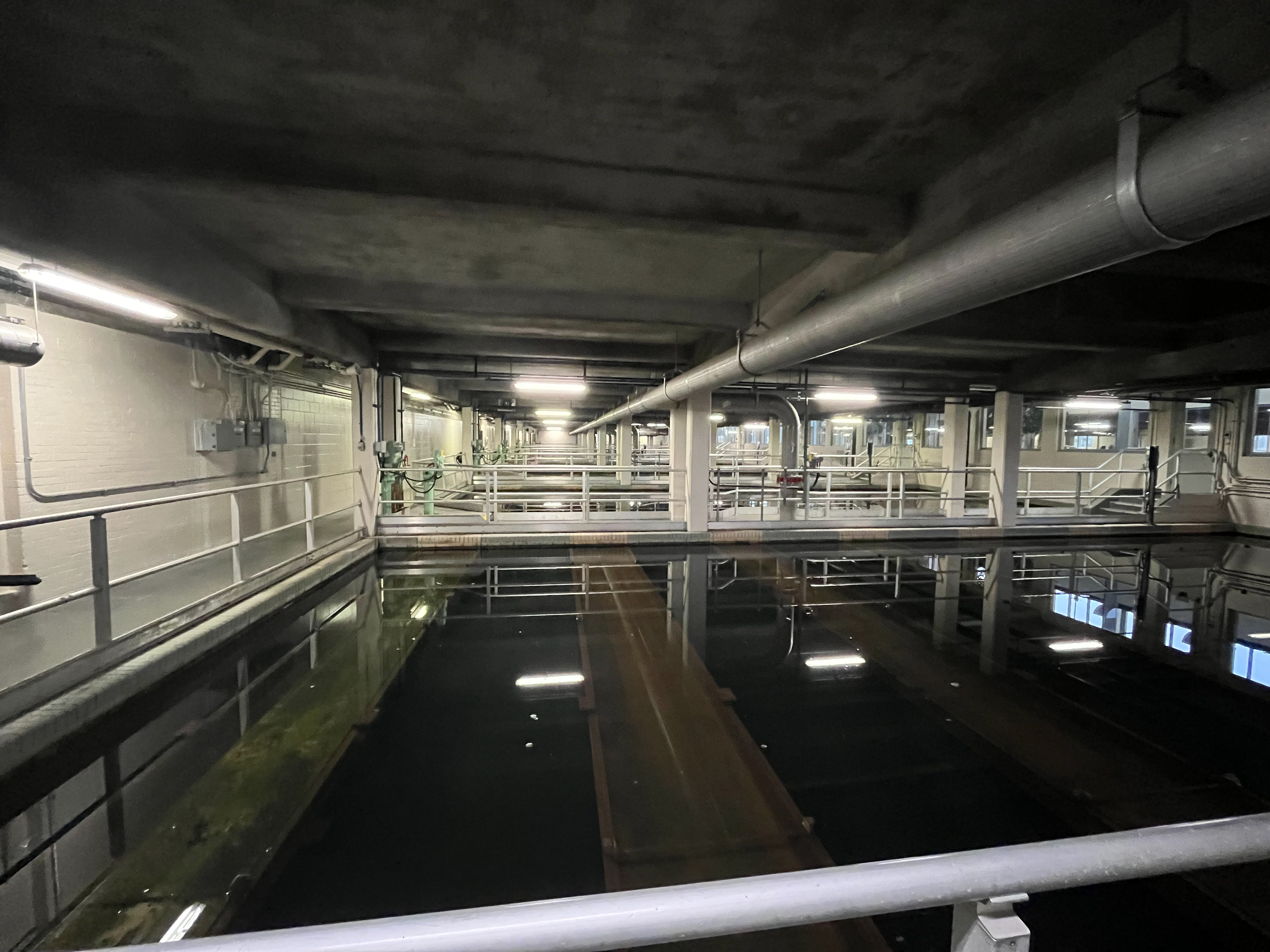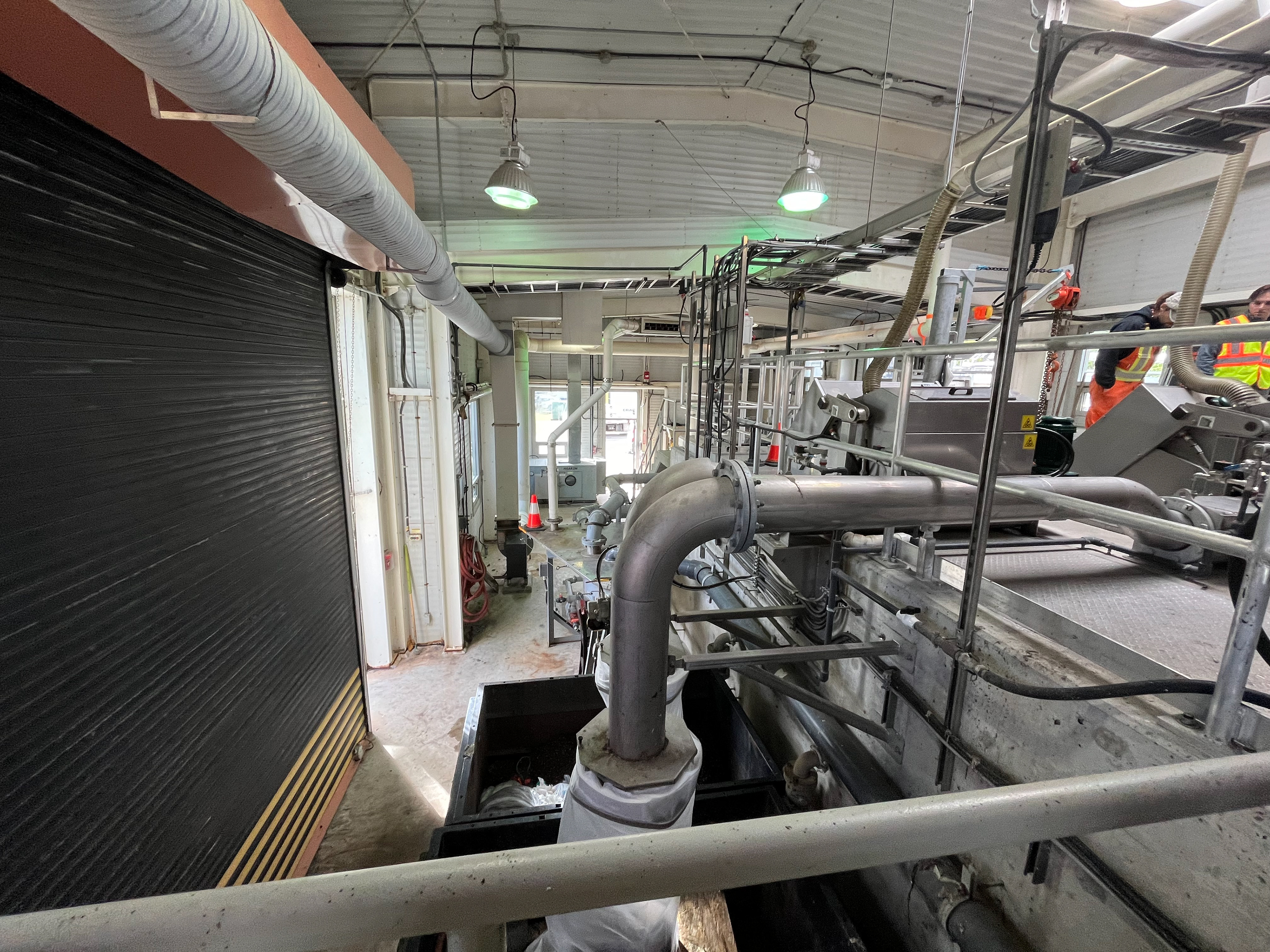Key Takeaways:
- Supported national revisions to ISC’s drinking water protocol, integrating technical feedback and regulatory research across jurisdictions
- Conducted large-scale data analysis to assess infrastructure performance and program effectiveness across Canada
- Developed impact assessment tools and recommendations for Health Canada and academic partners, bridging engineering, data, and community-driven needs






After my third year, I returned to Ottawa to join the Strategic Water Management Directorate at Indigenous Services Canada (ISC) as a water and wastewater engineering intern. I worked with the Technical Support to Policy Development and Program Delivery team, a group of subject matter experts responsible for guiding national infrastructure programs and shaping technical policy for drinking water and wastewater treatment systems on reserves across the country.
My work spanned both sides of the team’s mandate. On the program delivery side, I supported regional operations and conducted technical reviews of major capital projects up to $140M. I led national-scale data analysis to evaluate program effectiveness, working across departments to consolidate operational monitoring data, water quality test results, and performance records from a patchwork of internal and external systems. This work involved standardizing datasets, identifying systemic issues, and developing visualizations and documentation for both technical and non-technical audiences. It gave me valuable experience in large-scale data analysis, technical communication, and navigating the tension between national policy goals and community-level realities.
The policy development side became my primary focus. I was responsible for revisions to the Protocol for Centralized Drinking Water Systems in First Nations Communities, ISC’s national guidance document for system design, monitoring, operation, and risk management of centralized water systems. The updated draft had been released in April 2023, and my task was to review and incorporate comments gathered from engineers, regional staff, water operators, and First Nations leadership, each with unique and often conflicting priorities. I conducted a detailed literature review comparing provincial regulations, Health Canada standards, and industry best practices to ensure revisions reflected both technical rigor and on-the-ground feasibility.
My revisions focused on three major areas: (1) updating treatment requirements for different water sources and distribution systems, (2) introducing a new risk management framework based on Failure Modes, Effects, and Criticality Analysis (FMECA), and (3) proposing adaptable monitoring strategies to accommodate varying operational capacities across communities. It was an incredibly rewarding experience, drafting changes that could affect communities across the country, all while working within a framework that relied on consensus and collaboration rather than regulation.
Beyond the protocol, I supported additional research and policy efforts. I developed impact assessment tools and submitted data-driven recommendations to support Health Canada’s updates to the Guidelines for Canadian Drinking Water Quality. I also collaborated with researchers from Dalhousie University and the University of Guelph on a study into decentralized water systems, contributing to project scoping, aggregate data analysis, and stakeholder engagement planning. Toward the end of my internship, I led a comparative analysis of long-term drinking water advisories on- and off-reserve, exploring root causes and occurrence patterns among comparably sized communities, and presented my findings to ISC leadership.
My time at ISC offered a perspective I feel incredibly fortunate to have. I learned how engineering and policy intersect, and how technical frameworks can drive meaningful change. It challenged me to work across disciplines, to navigate competing priorities, and to communicate clearly at every level. Most of all, I had the opportunity to work with some of the most intelligent, driven, and passionate team members I have ever met.
